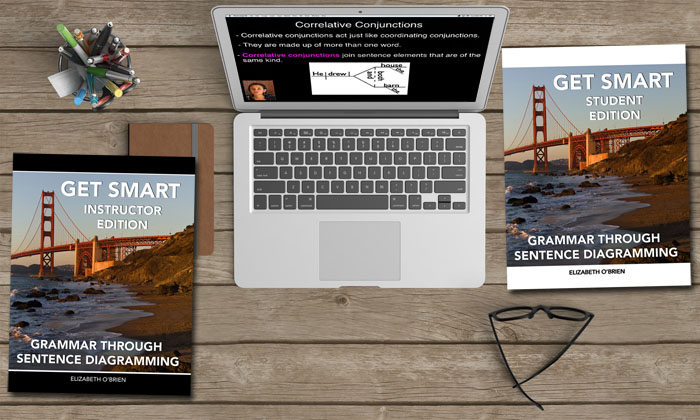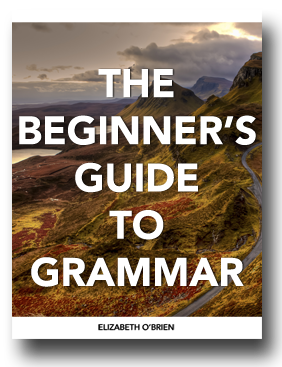Download your free grammar guide here.
Download your free grammar guide here.
What are past participles?
What are past participles?
- Home
- Verb Tenses
- Past Participles
Past participles are parts of verbs used to form many verb tenses. We use them to form the past perfect tense, present perfect tense, and future perfect tense, but what are they? Here are some examples.
The students have graduated from high school.
What are they?
Every verb has what are called four principal parts. This means that we can take any verb and break it into these parts. Past participles are simply one of those principal parts of a verb.
Here's a chart showing you some examples of verbs broken into their principal parts.
| Present | Present Participle | Past | 
|
| come | (is) coming | came | (have) come |
| fall | (is) falling | fell | (have) fallen |
| go | (is) going | went | (have) gone |
| graduate | (is) graduating | graduated | (have) graduated |
| know | (is) knowing | knew | (have) known |
| run | (is) running | ran | (have) run |
| write | (is) writing | wrote | (have) written |
Regular Verbs
Here's some good news for you: Regular verbs follow a pattern!
That's why they are called regular. If you have a regular verb, simply add -d or -ed to the present tense form of the verb.
| Present Tense | + d or ed |  |
 |
| learn | + ed |  |
learned |
| spike | + d |  |
spiked |
| play | + ed |  |
played |
Irregular Verbs
Now, here's some bad news for you: Irregular verbs don't follow a pattern. This can make it hard to know the past participles of irregular verbs. But, know that you can always use a dictionary if you're unsure. You'll see some examples in this chart.
| Present Tense | Change to ? |  |

|
| bring | brought |  |
brought |
| build | built |  |
built |
| win | won |  |
won |
Don't Get Confused
When people talk about participles, they may be referring to something a little different from what we've covered on this page. They might be talking about something called a verbal. Verbals are verb forms that look like verbs but don't act like verbs.
Participles as verbals are a verb form that function like an adjective instead of a verb.
The running deer were beautiful!
Running is a participle verbal. It looks like a verb, but it acts like an adjective modifying the noun deer.
The burned toast tasted awful.
In this sentence, burned is a participle verbal. It looks like a verb, but it acts like an adjective modifying the noun toast.
If you'd like to teach or learn grammar the easy way—with sentence diagrams—check out our Get Smart Grammar Program.
It starts from the very beginning and teaches you grammar and sentence diagramming in easy, bite-size lessons.

Hello! I'm Elizabeth O'Brien, and my goal is to get you jazzed about grammar.
Your website has brought so much clarity and simplicity to what can seem so complicated. Thank you!
- Brenda
This is original content from https://www.english-grammar-revolution.com/past-participles.html
Our Free Guide Gives You A Fun Way
To Teach And Learn The Basics v

Elizabeth O'Brien is the creator of Grammar Revolution.
Her lessons are guaranteed to give you more confidence in your communication skills and make you smile. :)

